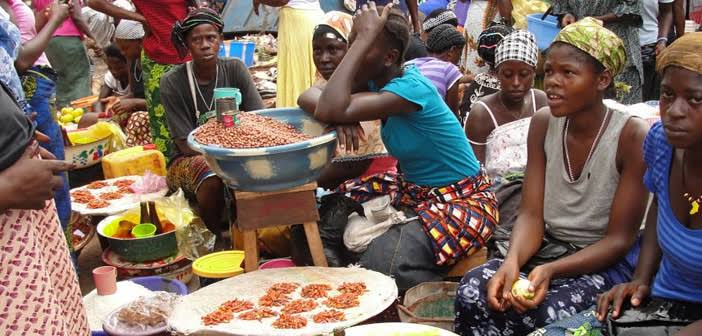…67% Of Abuja Households Ran Out Of Food
Advertisement
The National Bureau of Statistics on Monday said that food insecurity has become critical in three states of the federation and the Federal Capital Territory.
The States, according to the Bureau are Rivers, Lagos and Kano.
With the outbreak of the Covid-19 pandemic, the country has seen a rise in its food shortage levels which also has been worsened by the problem of insurgency.
Advertisement
The NBS in its report on Nigerian Living Standard said incomes remain vulnerable and a major contributor to the country’s growing food insecurity in Africa’s largest oil exporter.
The Bureau took samples from Abuja, Lagos, Port Harcourt and Kano States in the second quarter Labour Force Survey.
It stated, “Food insecurity appears to be prevalent across the four states, especially in Rivers and FCT Abuja.”
The report said that 79 per cent of
adults in different households in Rivers State had to skip a meal since the start of the pandemic and 72 per cent of those in Abuja had similar experience.
During the period 67 per cent of Abuja households ran out of food because of lack of money or other resources, while oil producing Rivers had 58 per cent share.
Advertisement
“Although food security statistics are not strictly comparable between the 2018/19 Nigerian Living Standard Survey and the Q2 2020 LFS it appears that food insecurity has become more severe in all four states through the COVID-19 crisis,” the government body said.
Nigeria with over 200 million people have gradually re-opened its economy as some people have resumed work, but incomes may still be precarious.
The statistics body said larger shares of workers in Kano and Rivers engaged in agriculture and a smaller share of workers in Lagos engaged in industrial activities before the COVID-19 crisis.
It said households in all four states are drawing down their savings and borrowing money to cover their living expenses.
The NBS said the development may leave them more economically vulnerable and reduce their investments in human capital in the future.
Despite the palliative from the Federal government and state governments, the NBS said only five per cent of households in Kano received social coverage and free food.
Advertisement
In oil rich Rivers, about 43 per cent of the households received social assistance and free food in cash or kind.
Kano with over 13 million people has the highest poverty headcount rate of the four.



